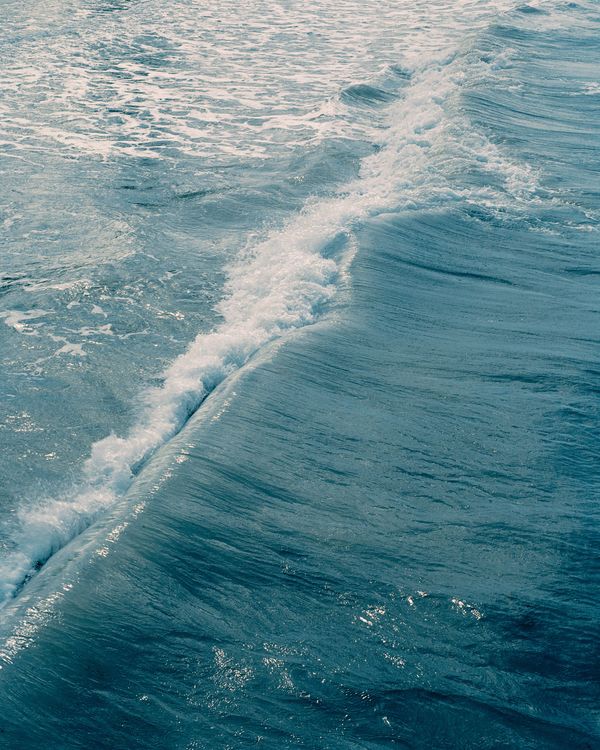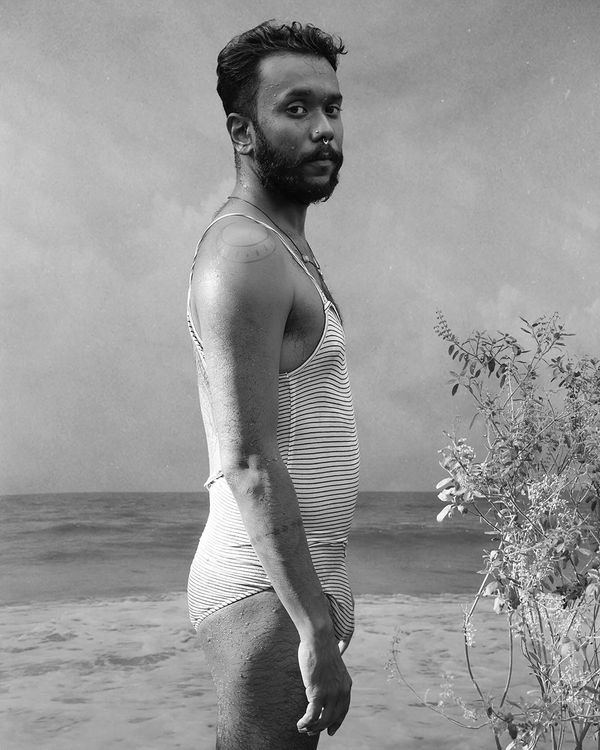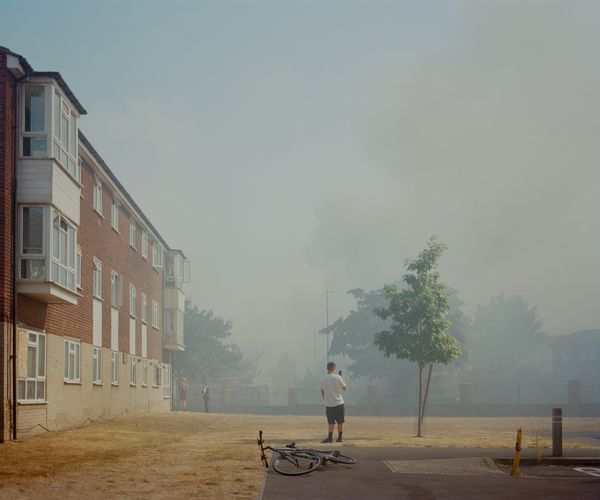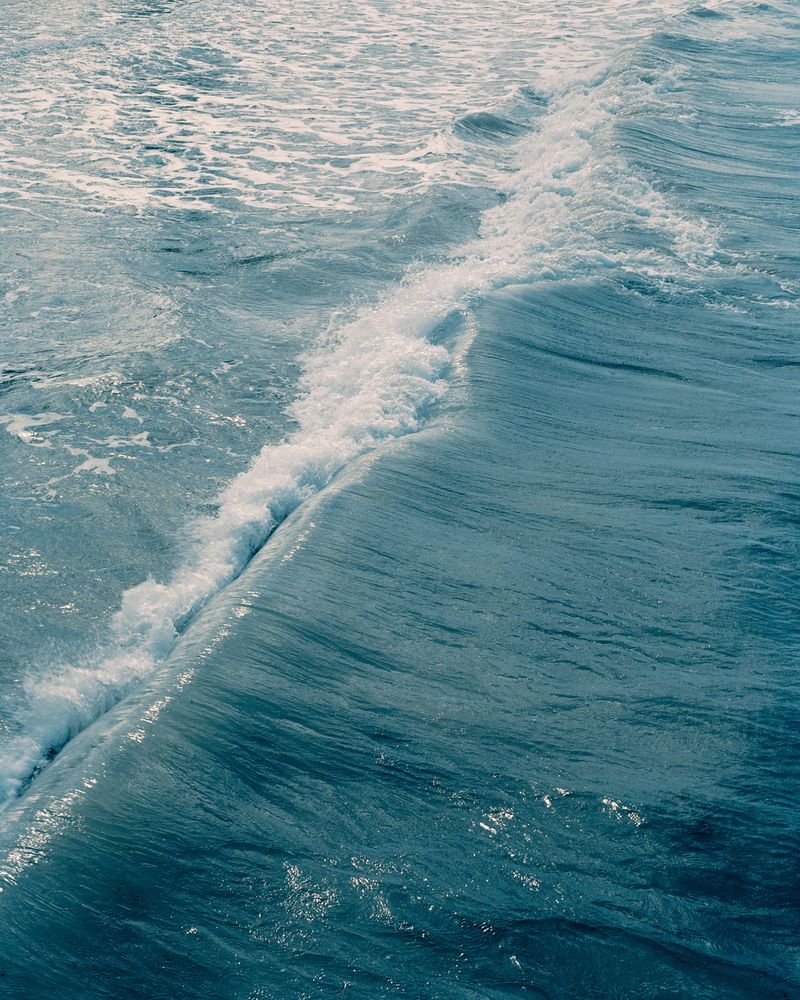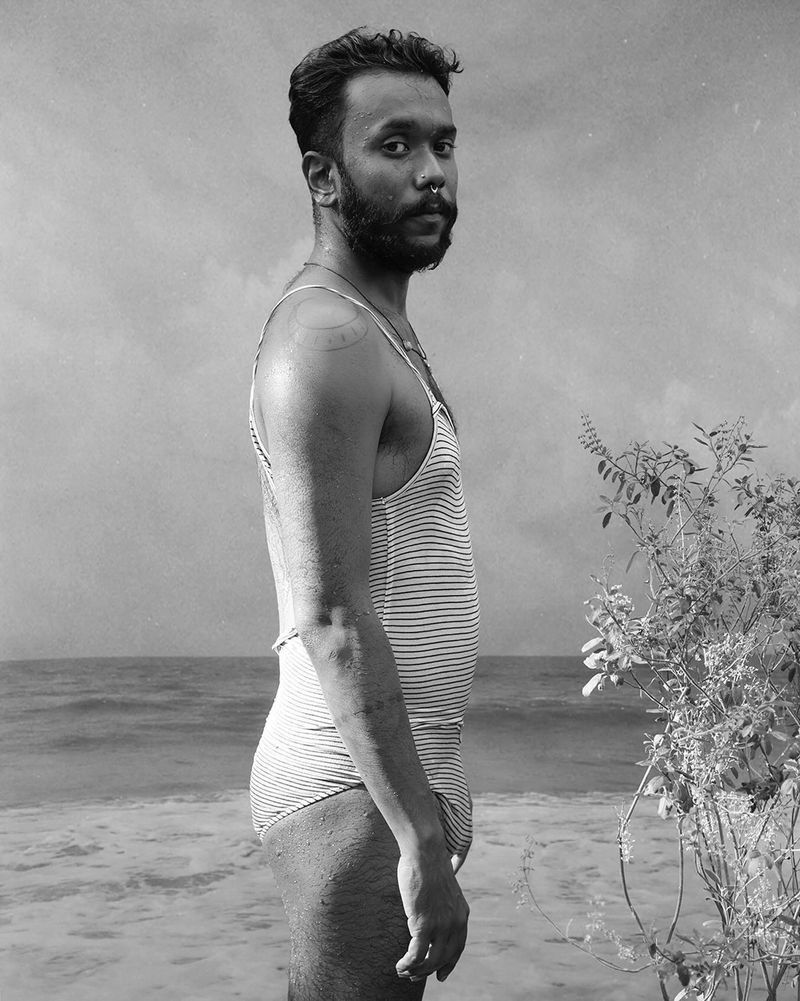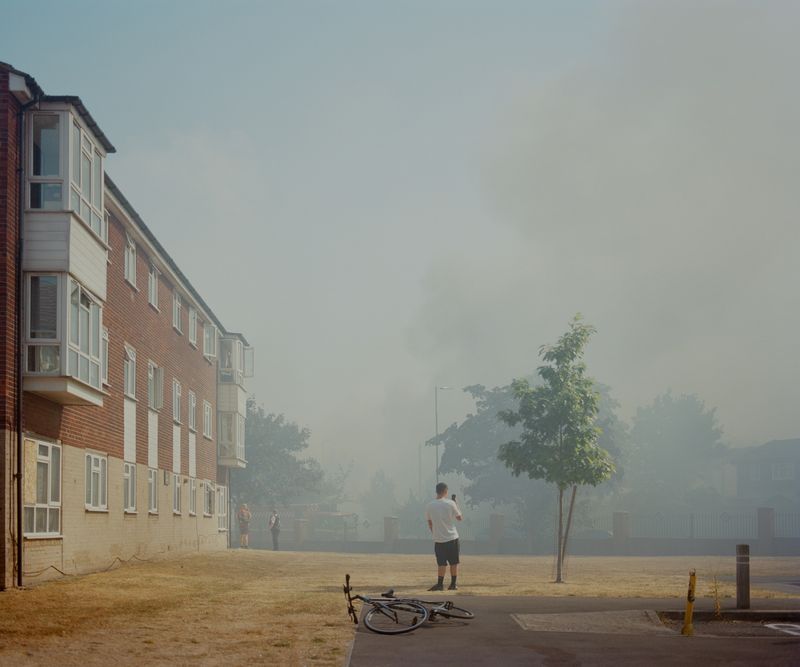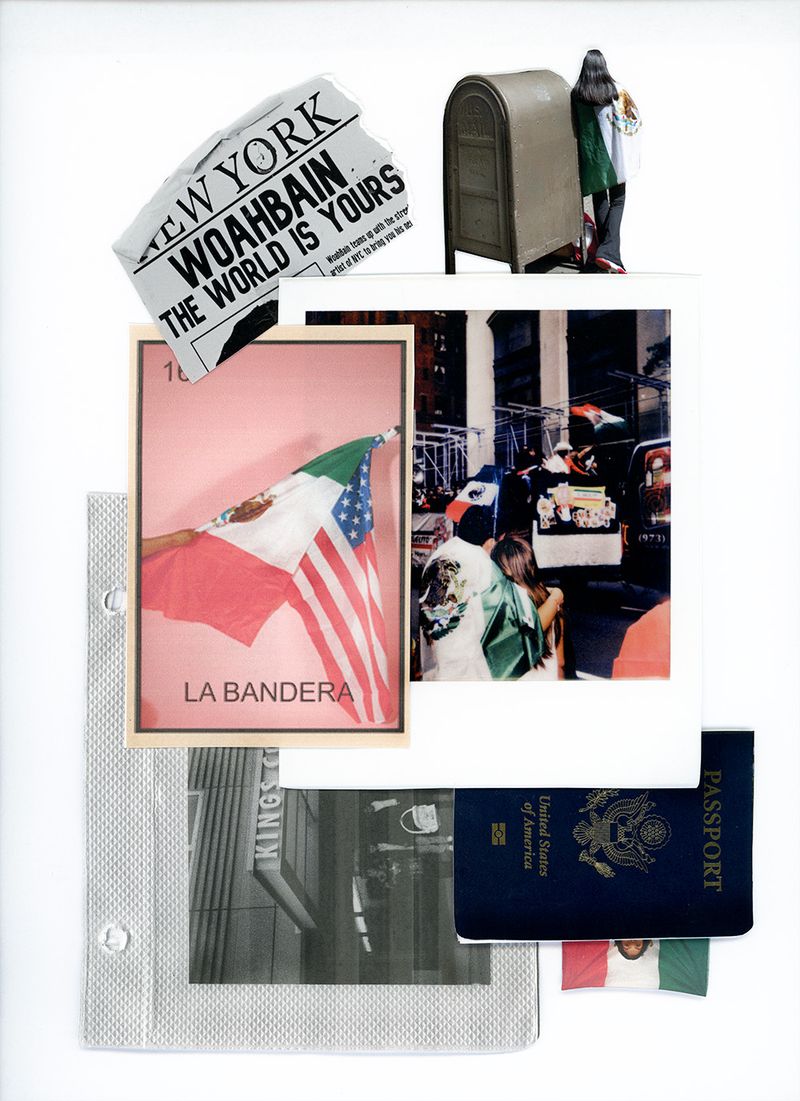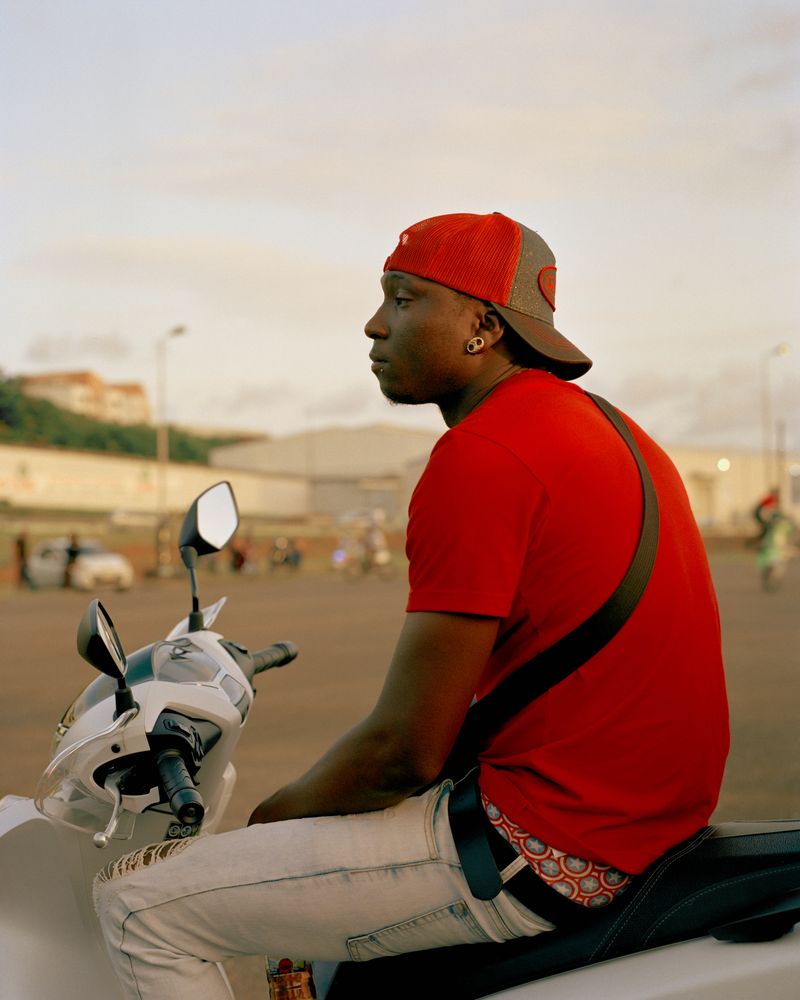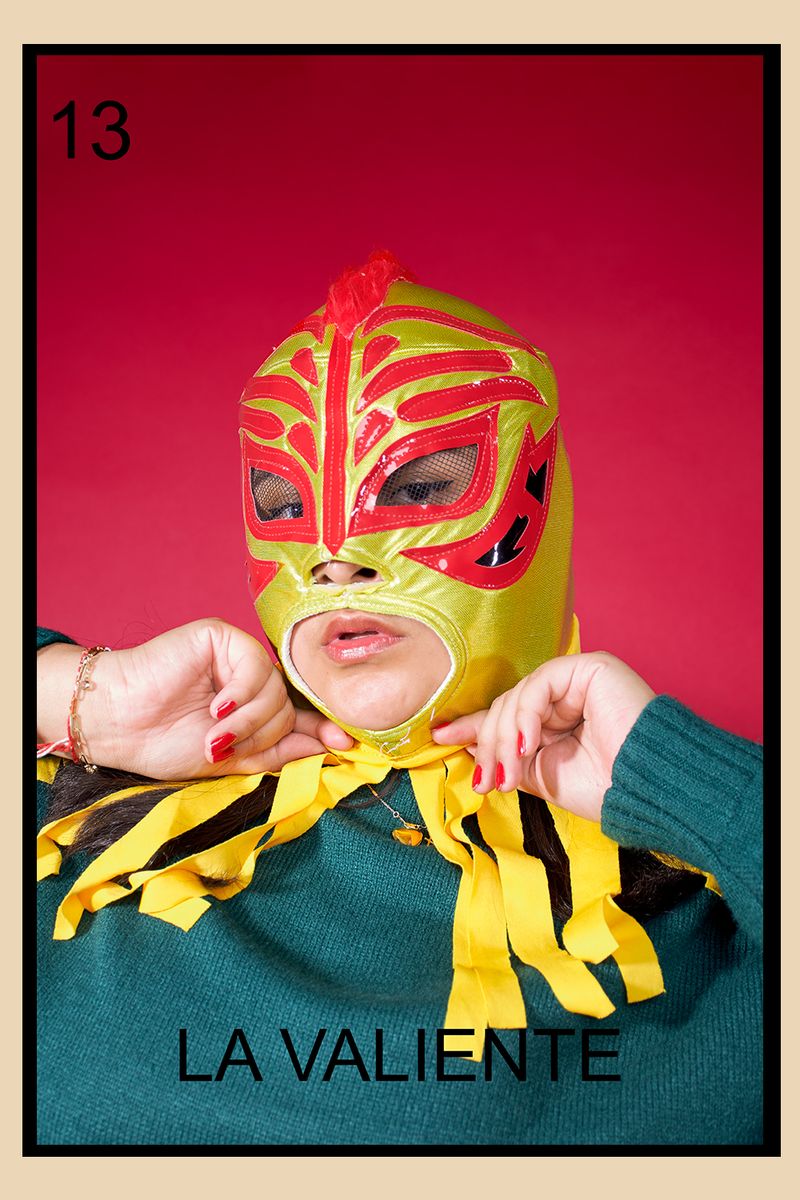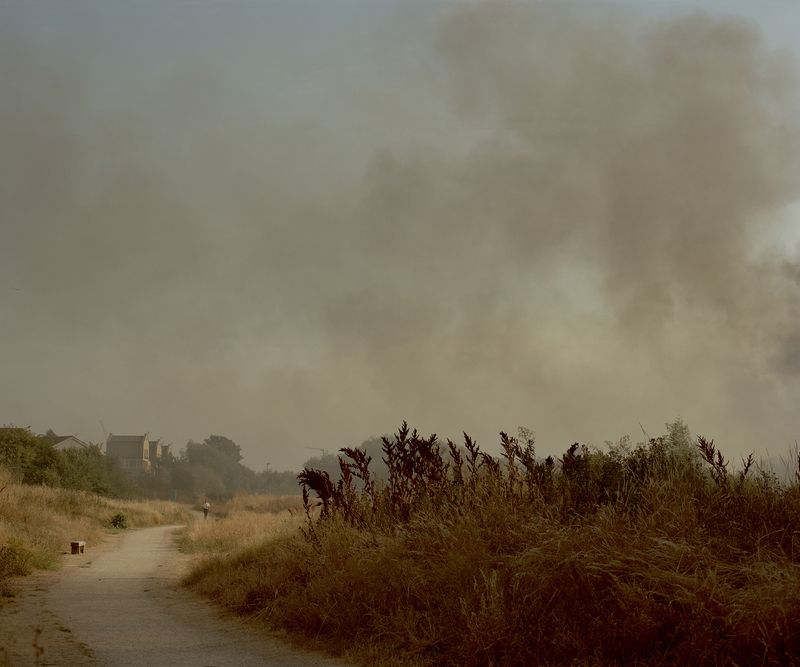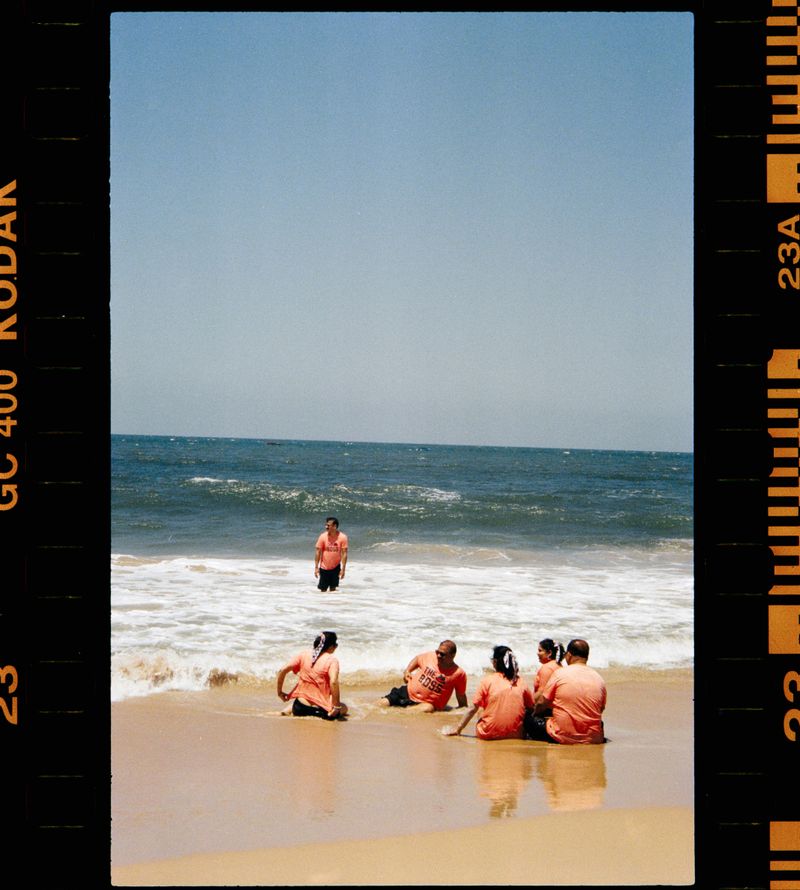Last Year Recipients On Receiving The PhMuseum Women Photographers Grant
-
Published19 Sep 2024
-
Author
- Topics Awards
Cédrine Scheidig, Pretika Menon, Polly Tootal, and Maria Montes Duran reflect on the transformative impact the grant has had in pursuing their artistic journeys.
What motivated you to apply for the grant?
Cédrine: My motivation was, on one hand, the possibility of having my work rewarded and, on the other, gaining visibility for my practice. As a woman photographer of color, we face more challenges and invisibility in the photography market. Applying for this grant was my way of trying to address that.
Polly: I have always admired PhMuseum’s curation of photography, so I was interested in applying for the grant as a means of getting exposure for my project on their platform and website alongside other great photographers work. Having the opportunity for the judges to see my work was also a motivating factor as I respect them and value their opinions. The bonus was receiving the 3rd prize money.
Maria: Before learning about the grant, I had been a longtime follower of PhMuseum on Instagram and had always appreciated the wide range of artists they featured on their page. They do not favor any one style of photography. I believe that there are many distinct forms that my style of photography takes on. Observing many photographers from around the world and their distinct approaches to photography served as inspiration for me that I could apply with my style. Despite my concerns about being inexperienced and young, I realized that not attempting would be worse than trying and not being selected. I am very early in my artistic career and had never received a grant before this. Another reason I applied was the variety of categories that catered to artists at different stages of their careers; I particularly related to the New Generation prize, which I was eventually fortunate enough to win.
Pretika: It took me years to understand my own work and what I like to photograph. For a long time I felt that I did not have the body of work to apply for a grant or exhibition. In the last 4 years I have dedicated time towards personal work, and found subjects that I wanted to document over a long period of time. Since it is a long-term project, it made sense to apply for a grant and get some funds to continue pursuing the project.
How did your career evolve after becoming a grantee? In which ways did the grant contribute to your research?
Maria: I'm currently in my fourth year of study at Pratt Institute, where I'm pursuing a BFA in photography. I was able to apply this grant toward my recently begun last year of school. The grant helped me financially that I am eager to continue creating more work and to take time off working to pay for school. This year, I have more time to devote to my work.
Pretika: Receiving the grant established in my head that I had made a transition into the world of art & documentary photography. For a long time my work was in the sphere of fashion as I was pursuing commercial opportunities to survive. The grant gave me the ability to choose my projects and take time off from commercial projects and continue pursuing the personal work. It also allowed me to monetarily help the family I photograph! I thought this was a really amazing achievement. It felt like I could finally give back to the family in some way.
Cédrine: I received the grant during the last edition, so it’s difficult for me to assess any progress over these few months. I'm continuing to work on my photography projects, and the grant has indeed been a helpful financial boost.
Polly: My work received exposure. It is important and valuable to share what you create, so receiving the grant helped me to reach more people with my work and to connect with others in the photography world. Furthermore, the grant led to a magazine publication of my work in a special climate change edition and I was invited to join a cooperative of photographers (Inland Stories) who imagine long-term documentary projects and develop untold, in-depth stories. With the funds awarded, I was able to purchase more analog film and spend time developing my art photography work. I have also been able to travel to the Severn Region in the UK where I have been working on a new project.
What personal value did this recognition hold for you? How has your perspective on your work evolved since receiving the grant?
Pretika: This grant came to me when I was quite depressed and not feeling very good about myself, it was a great surprise to receive it. It made me feel that the gray skies were opening up finally. It gave me the confidence to push myself towards other personal projects as well as spending more time on the project I got awarded for. It felt like a catharsis, that I was/am on the right path and that the work I’m doing is important and that the world wants to see what it shapes into.
Maria: It meant a lot to my family and me to be recognized. I am currently 21 years old and began my artistic work at the age of 18, therefore this is one of my earliest recognitions as an artist. Since my family is an important aspect in my art, we were all equally touched by this honor. My art has always focused on difficult, delicate subjects. I discuss immigration and my Latine community, sharing personal stories that bring up a lot of feelings I haven't yet processed. Talking about these difficult subjects in my art can be emotionally draining at times, but having it acknowledged so early on has greatly encouraged me to press on. As an artist, I often worry about whether people will connect with my work or about finances, but a lot of those worries have quite down since this recognition. Before receiving this grant, I was on my own journey toward becoming more proud of my work and to stop being so hard on myself. I can say that with pride I have developed greatly as an artist over the last year as a result of all the internal work I have been doing. I have grown confidence in my work. In the midst of my journey of self-confidence, I was awarded the 2023 Women Photographers grant. It gave me the confirmation that everything I had been doing was correct. I already felt so amazing and proud getting on the shortlist so you can imagine my reaction knowing I got first place with the New Generation prize.
Cédrine: I was happy to see that my work is attracting interest and being recognized internationally. Working in spaces that aren't really connected to the global photography networks, it's always gratifying to feel that there's curiosity and that people are interested in what I photograph.
Polly: My work was noticed as important by experts in the field and I felt my ideas and vision were validated. It has motivated me to continue my art photography practice and to push myself further with new work. As a photographer, one can often be stuck between competing agendas - wanting to develop your own work and art, with the need to work commercially to pay bills. Since receiving the grant, I have been more motivated to dedicate more of my time to my own work, researching a new project which builds on my existing work to date, focusing on environmental issues.
What has your experience of gender inequality been so far, working in this field?
Cédrine: There's a lot to unpack, but I would simply say that being a woman photographer of color without generational wealth in the photography field is daunting. Unfortunately, we don't all start from the same position of comfort, and for me, juggling between my photographic practice and jobs to sustain my living is still a challenge today. However, I can say that working with women in the field and the support they’ve given me has been transformative. I also want to point that while there is more presence of women photographers of color today, there is still a glaring absence of them within the institutions that shape the photography world, in Europe particularly.
Polly: I have been a freelance photographer for over ten years and unfortunately, I have experienced gender inequality personally within a commercial environment. I have also noticed a larger percentage of male photographers getting recognition and more commercial work compared to other genders. I appreciate the recognition of gender inequality by PhMuseum and dedicated grants for photographers of other genders, although of course I hope that in the future, there will be no need for this.
Maria: I’ve been in school developing my photography so I haven’t fully experienced the field yet outside of school.
Pretika: This is a really subjective answer. I’ve been in photography for over a decade. It’s an industry favorable to men. It hit me pretty hard to see men get the backing and support they needed and I was kind of left to my own devices to figure it out. There were many times when I was pushed into a corner or kicked off a project for not succumbing to sexual harassment. It would make me retreat into my own head and take me many months to feel good again and push myself into work. I ended up doing a lot of personal work because of this. It made me really angry and defiant.
On another spectrum, in the commercial world there is a romanticism of a male photographer photographing his female subjects. But I could counter that with a female gaze which slowly over a decade gave me work that stood different. In the art and documentary side I have understood that there are spaces I cannot enter, as a woman. So I divested my time into stories about women and queer folk. This has been rewarding.
Any advice for future applicants on how to prepare for the application?
Maria: Apply. Whatever your background, just take the step if you have any desire to do so. It should be enough if you are proud of the art you have been creating. I almost didn’t apply because I was scared of yet another rejection but that didn’t end up happening and I am so glad my fears didn’t get in the way. I would say know what your photographs are trying to convey, not just in your head but have it written down. Having all the written aspects such as your artist bio and statement done every time you finish a photo project would be helpful.
Pretika: Careful curation of work, and asking for help when required!
Polly: If you think you have a project that is unique in some way, it is worth entering. Spend time writing the text to accompany your project, as a clear statement is important. Think carefully about the final edit, as you will have a limit to the number of images you can use to represent the whole project.
Cédrine: Personally, I am always more drawn to the work of photographers who are able to express the issues they address in a simple and accessible way for everyone.
Can you give us a glimpse of what will be next in your work?
Pretika: At the moment I am still pursuing my project Dhon (former working title was ‘Ave Maria’), while parallely working on another long term project titled “Swimming in plain sight: A photo essay on bodies and swimwear”, which is about the postcolonial body in sport. I am documenting people in India across various social strata, their body language, and what they wear to swim or be present in the water.
Polly: I am working on a new project about the human perception of what the baseline of ecology and nature ‘norms’ are from one generation to the next. There has always been a shift in what is considered ‘normal’, because of the losses that occur over time to our natural world and how quick we are to accept this new normal. As each new generation perceives the current baseline as ‘normal’ and acceptable, the will and desire to reverse the rapid loss of biodiversity diminishes. This will be an interesting topic to explore through conceptual photography because it is a phenomenon, rather than a tangible subject matter.
Cédrine: I’ve been spending most of the past months applying for grants and funding to continue my work in the Caribbean. I’m also slowly starting the process of working on my first photo book.
Maria: My work will continue talking about my Latine community. The project that I sent for the 2023 Women Photographers Grant was ¿Cómo Te Sientes Ahora? in English How Are You Feeling Now? It means what the name suggests. How I feel about my culture or the issues I want to bring up that are happening in my Latine community right now. Right now I’m thinking about the Latine Immigrants and their children in the NYC subway that sell candies to make ends meet. My current work attempts to shed light on them, their current circumstances, and the reasons behind them.
---
The PhMuseum 2024 Women Photographers Grant is currently open for submissions. Its aim is to empower the work and careers of female and non-binary professionals of all ages and from all countries working in diverse areas of photography. To learn more and apply, visit phmuseum.com/w24. Final Deadline: 10 October
